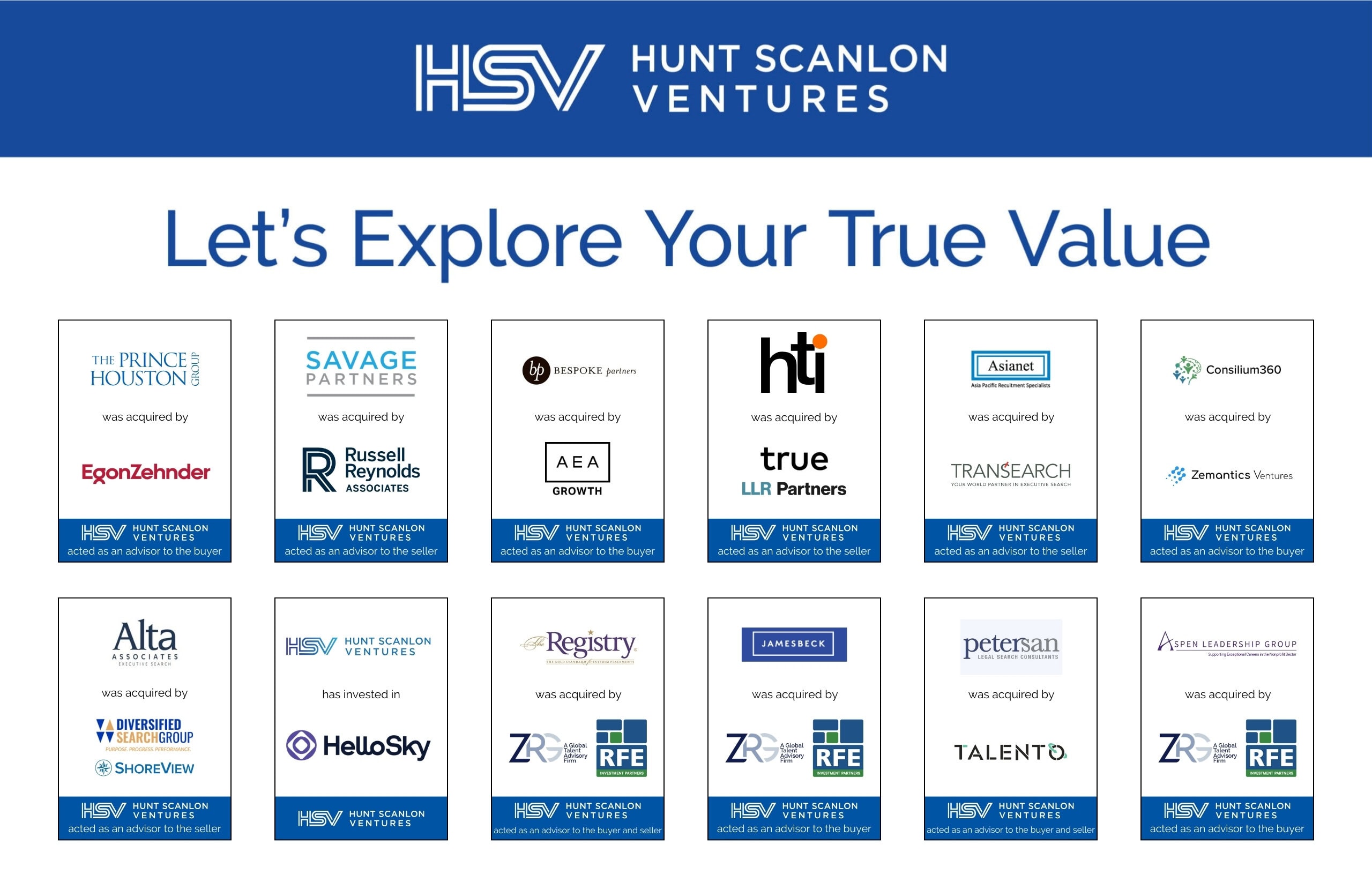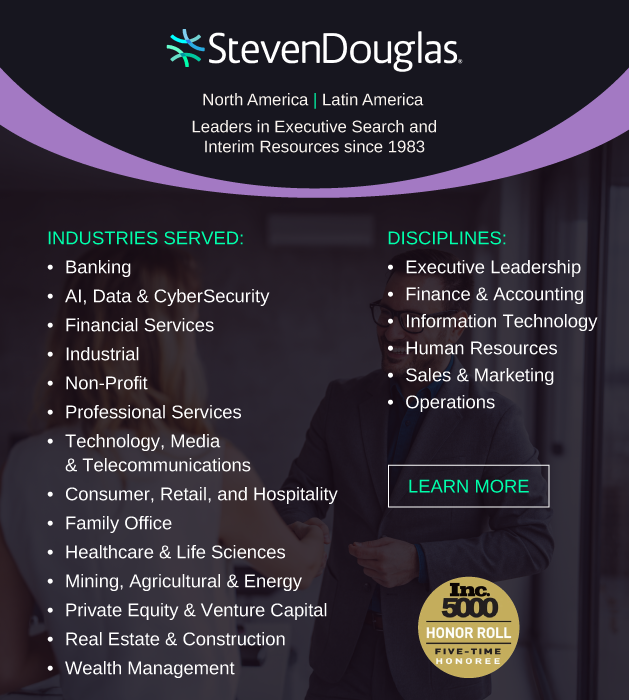As economic and policy uncertainty lingers, human capital leaders are recalibrating their strategies. The latest report from The Conference Board highlights how CHROs are slowing hiring, not out of lost confidence, but to strengthen current teams and position themselves for long-term flexibility. Evan Berta, an associate at Hunt Scanlon Ventures, unpacks the findings and explores what they mean for executive search and leadership strategy.
The Conference Board’s August Human Capital report makes clear that CHROs are taking a more cautious, measured approach to workforce strategy. As Diana Scott, Leader of The Conference Board US Human Capital Center, explained: “CHROs are taking a more thoughtful, steady approach as economic and policy uncertainty lingers. This slowdown in hiring isn’t about losing confidence—it’s about being smart and strategic.”
This framing underscores that today’s slowdown is not a retreat. Rather, it reflects discipline, CHROs are deliberately sequencing investments, protecting culture, and ensuring agility until economic and policy conditions stabilize.
The report emphasizes that organizations are prioritizing resilience and leadership capacity over short-term expansion. The focus is shifting from sheer headcount growth to optimizing current workforces and preparing leaders for the next cycle of transformation.
Strengthening Current Teams
The Conference Board notes that CHROs are doubling down on their existing talent. Companies are expanding reskilling programs, accelerating internal mobility, and increasing leadership development initiatives to strengthen productivity.
This investment in current employees reflects a desire to avoid costly mis-hires and unnecessary turnover while ensuring the workforce is prepared to meet future growth opportunities. Leaders are betting that improved engagement and upskilling will drive stronger performance without adding headcount.
Talent Implication
“Firms are realizing the biggest lever right now isn’t adding people, it’s maximizing the ones they already have,” said Evan Berta, an associate of Hunt Scanlon Ventures. “Executives who can lead reskilling and internal mobility programs are rising to the top of search priorities.”
“Executives who can lead reskilling and internal mobility programs are rising to the top of search priorities.”
Managing Change with Flexibility
The report highlights that uncertainty is driving boards to prize adaptability. Change management, clear communication, and flexible workforce planning are now critical competencies. CHROs are embedding scenario planning and workforce modeling into their strategies to keep organizations agile.
By managing transformation deliberately, leaders are ensuring companies can withstand geopolitical volatility, interest rate shifts, or sudden policy changes without losing organizational momentum.
Talent Implication
Boards are prioritizing leaders who can steer organizations through volatility, combining adaptability with operational rigor and strong communication. Search firms are being asked to identify executives with proven track records of navigating disruption while keeping teams engaged during uncertain times.
“Boards want executives who can steady the ship through turbulence,” said Mr. Berta. “Leaders who combine adaptability with operational rigor and clear communication will be most in demand.”
“Tomorrow’s winners will be the companies building leadership capacity today.”
Holding Off on Big Moves — For Now
The slowdown in hiring is tactical. The Conference Board stresses that once economic clarity improves, organizations will be ready to reaccelerate. For now, strategic hires continue in high-impact areas such as AI, digital transformation, and emerging markets.
By pacing recruitment and avoiding overextension, companies are protecting flexibility while leaving the door open to scale quickly when conditions allow.
Talent Implication
Companies are recalibrating rather than retreating, using this slowdown to safeguard flexibility and prepare for the next wave of expansion. Search mandates are centering on executives with experience balancing rapid growth and financial discipline, ensuring organizations scale sustainably when conditions improve.
“This pause is really a recalibration,” said Mr. Berta. “When hiring picks back up, boards will want leaders who can scale fast but sustainably.”
Building Capacity for What’s Ahead
As hiring pauses, the real differentiator will be how effectively companies develop their existing leadership bench. Organizations that invest now will be best positioned to capture opportunities when the market accelerates again.
“Tomorrow’s winners will be the companies building leadership capacity today,” said Mr. Berta “Executive search firms must focus on identifying leaders who don’t just deliver growth, but who ensure companies are positioned to thrive through uncertainty and ready to scale when opportunity comes.”
Article By

Evan Berta
Evan Berta is Editor-in-Chief of ExitUp, the investment blog from Hunt Scanlon Ventures designed for professionals across the human capital M&A sector. Evan serves as an Associate for Hunt Scanlon Ventures, specializing in data analysis, market mapping, and target list preparation.






